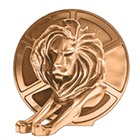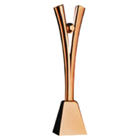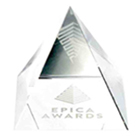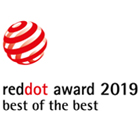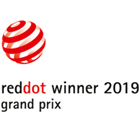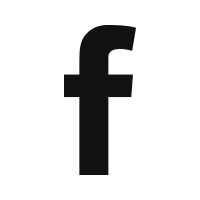Dot Apps
BRAILLE translation engine
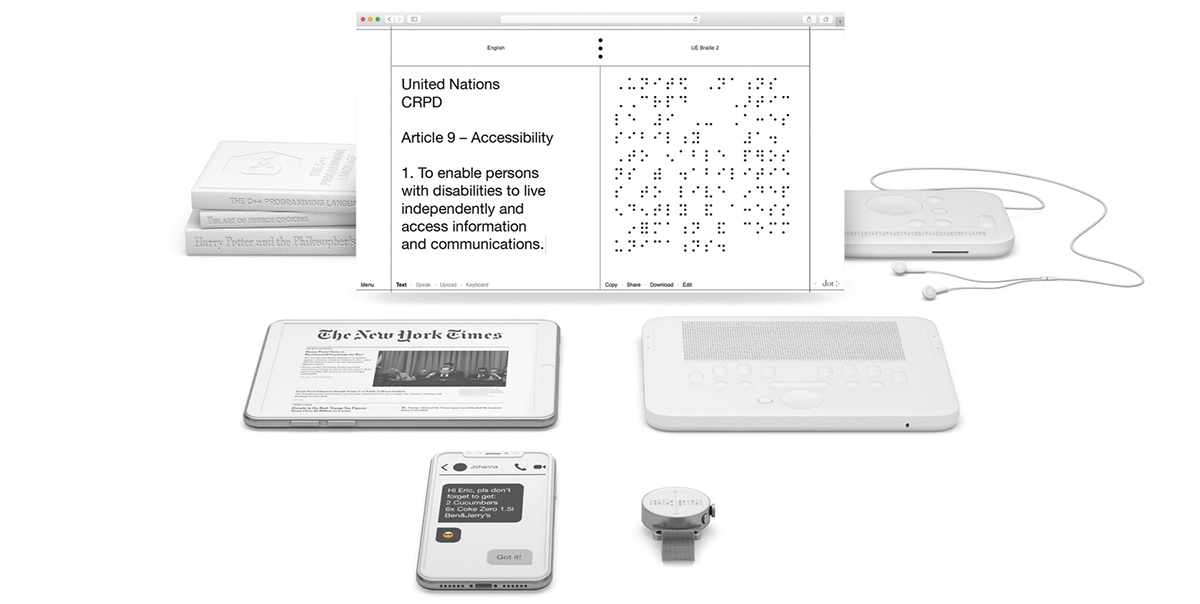
Dot Incorporation develops innovative solutions for the visually impaired. The Startup began with the Dot Watch – a watch, based on the Braille language which makes time readable by touch. The Startup then went on to develop the Dot Mini – the Kindle for blind people. This device makes it possible to “read” whole books, sentence by sentence and it is petite enough to fit into the pockets of your trousers. However, until now it was only able to offer already translated books and material in Braille. The technology was still too premature in order to be able to translate content in real-time. Yet being able to do so, poses the last missing piece to the puzzle, in order to literally transform Dot-Mini into a smart-media device.

PROBLEM
There are ca. 285 million blind and visually-impaired people world-wide, who only have very limited access to content, which to the rest of us, is a natural and irrefutable part of our lives. Only 3% of all accessible texts are available in Braille. And although translators do exist in the marketplace, these are not accurate, due to the rules of Braille Grade II only being applicable by human beings. Not only does the rulebook consist of over 300 DIN A4 pages, but the language is also multifaceted and complex.
Its symbols contain many abbreviations, which are often context-dependent and interlaced. It is for this reason, that one still needs an experienced professional, who checks and corrects a Braille translation in order to receive an accurate result. Such experts are scarce. The complexity and the effort involved in generating a translation makes it unprofitable for publishers, which is one of the main reasons explaining the enormous deficit of information and reading material available in Braille.

OBJECTIVE
We strive to develop an engine, which is able to automatically translate texts from English to Braille and vice versa. It must function autonomously, translate accurately and not be dependant on a human reviewer. Furthermore, the engine needs to be able to translate PDFs and whole webpages. It would be a great advantage if all of this could happen in real-time – without long periods of withdrawal. The engine itself should be integrable into the Dot devices, instead of running via cloud services.
EXECUTION
In close cooperation with the client and Serviceplan, we began working our way into the depths of the subject matter, studied the rules of the language and examined the areas, that brought previous translation software to failure. We defined a number of approaches, in order to receive the best possible result. These included rules-based translations as well as purely machine-learning approaches. The field of research in this area does not receive much attention, which ultimately meant for us, that there was very little material available to base our conclusions on. In addition, it was very difficult to find well-formatted and accurate 1:1 English to Braille translations. We developed our own training algorithm and fed it with 600,000 sentence pairs from validated human translations
and calculated the differences to the equivalent translations taken from rule-based open source tools. Subsequently, we built an RNN-based recurrent neural network with architecture, that is tailored to the complex rules of Braille and was able to single-handedly learn the rules based on the results of the training. Furthermore, a web-interface specially designed by us demonstrates the function of the translator. PDFs and text files can be translated per drag & drop. Links can be entered directly – these are automatically recognized and the content behind the link is translated directly. Besides that, one can also use the voice-input in order to translate to Braille. By using the “edit” function, one can also manually make adjustments to the translation.
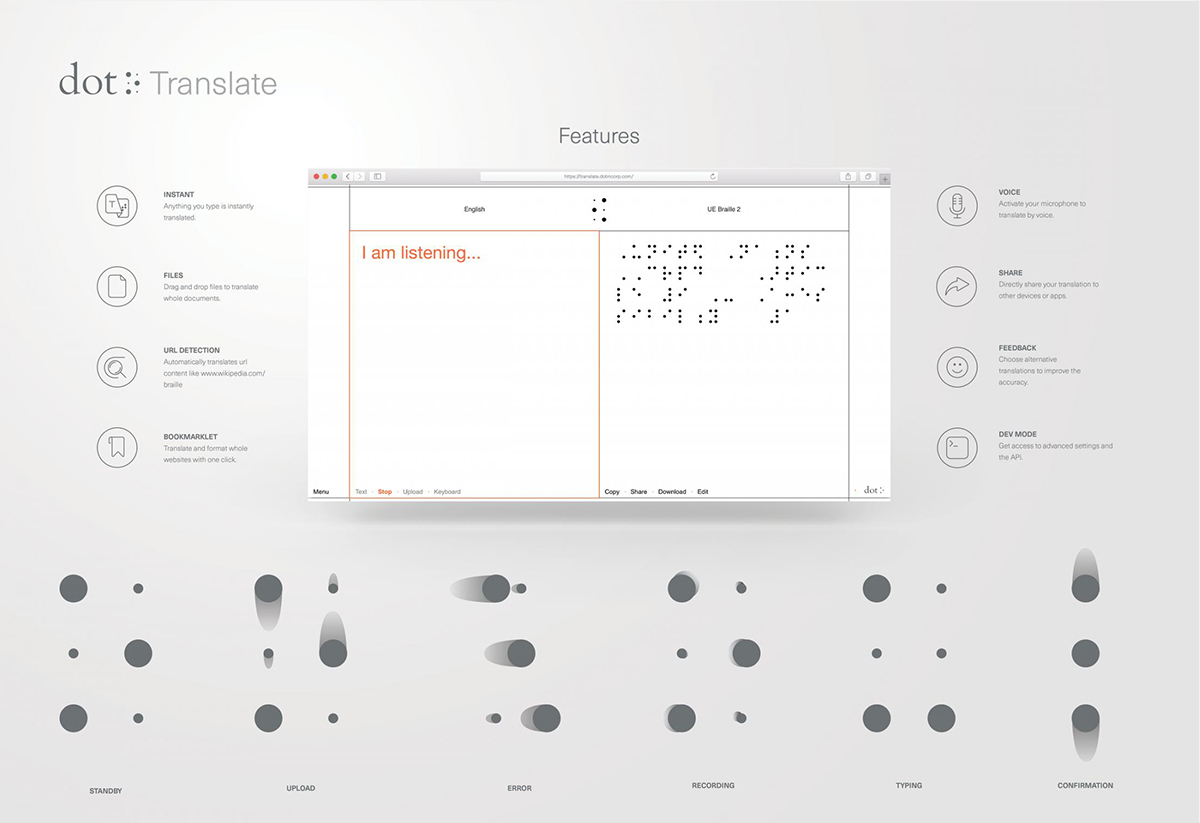
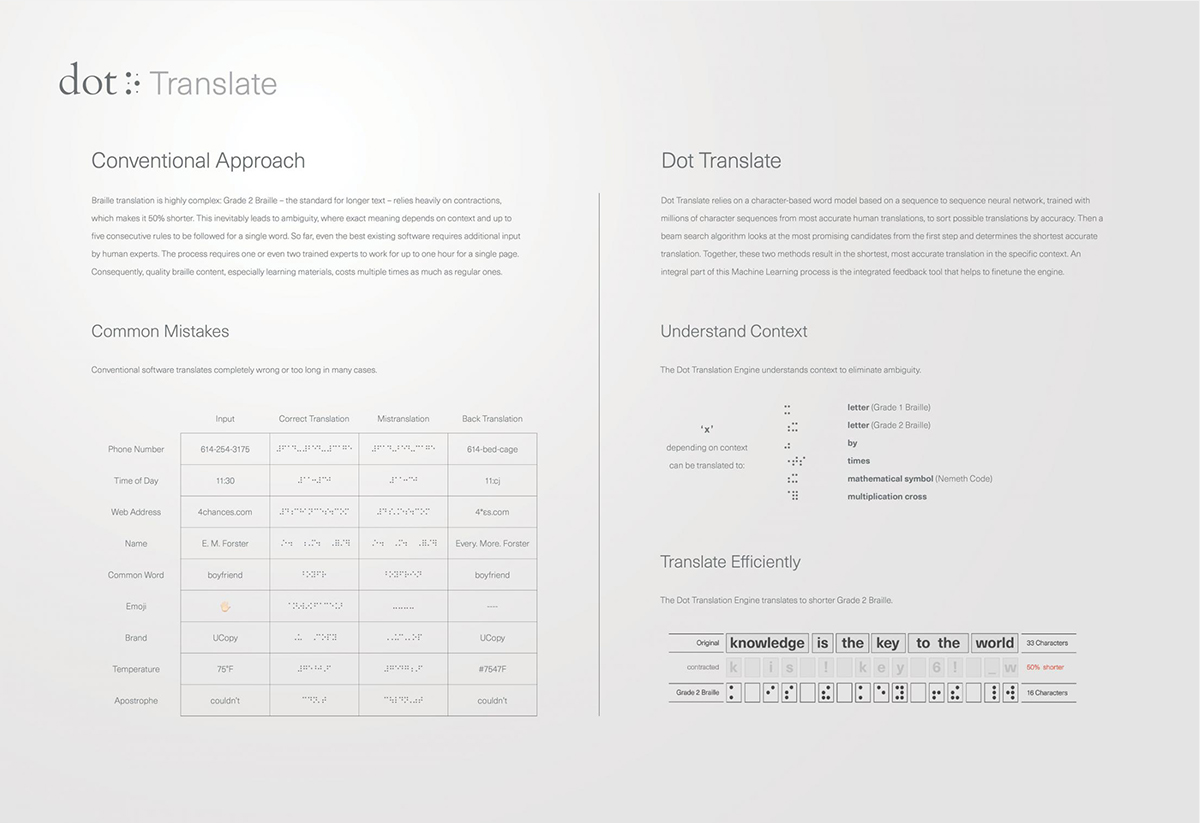
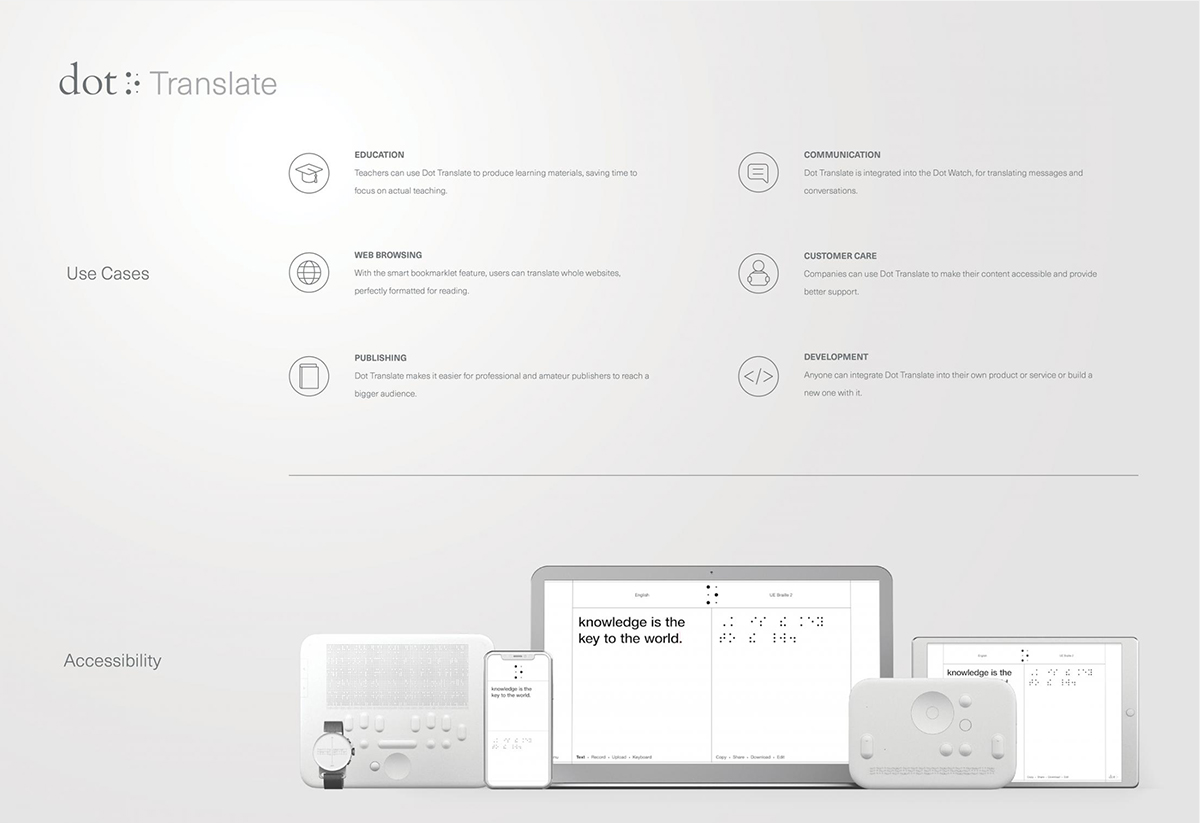
RESULT
Dot Translation Engine — the first Braille translation engine based on AI. It exceeds the performance of existing rule-based software not only in precision but also in speed. Whole books, websites, and PDFs can be translated in mere seconds. Furthermore, the engine keeps on learning every time it is used and thereby further reduces its error rate. Dot Translate brings us one step closer to barrier-free access to information globally – “dot by dot”.
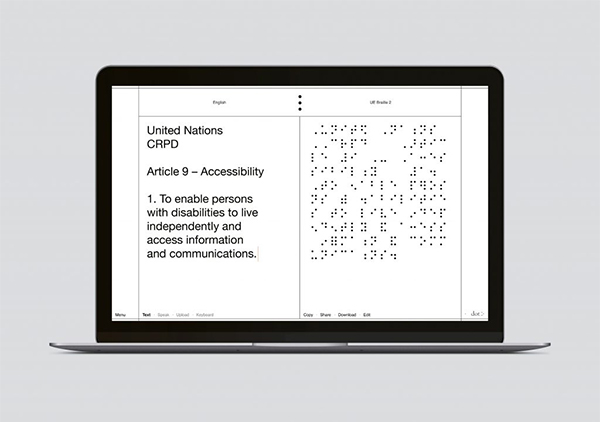
AI Braille Translation Engine
Collaborate with Serviceplan
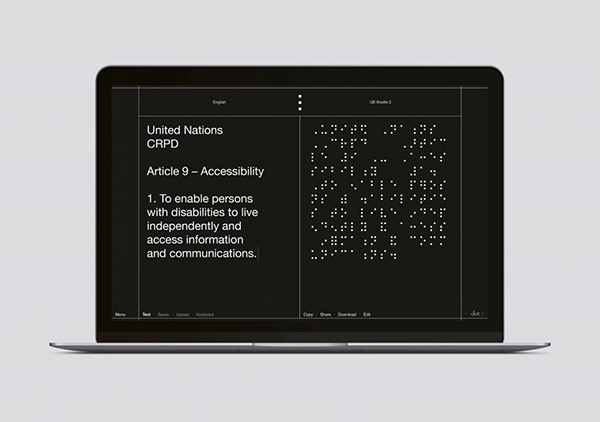
AWARDS
2019
Cannes / Bronze Lion / Digital Craft
Red Dot / Interface & UX Design / Health Solutions
Red Dot: Best of the Best / Online / Digital Innovations
Red Dot: Grand Prix
Eurobest / Bronze / Digital Craft
Epica / Silver / Creative Technology
2020
Annual Media Award / Tool / Gold
New York Festival Shortlisted
Andy Awards Shortlisted
The One Show Shortlisted
Art Directors Club Shortlisted

